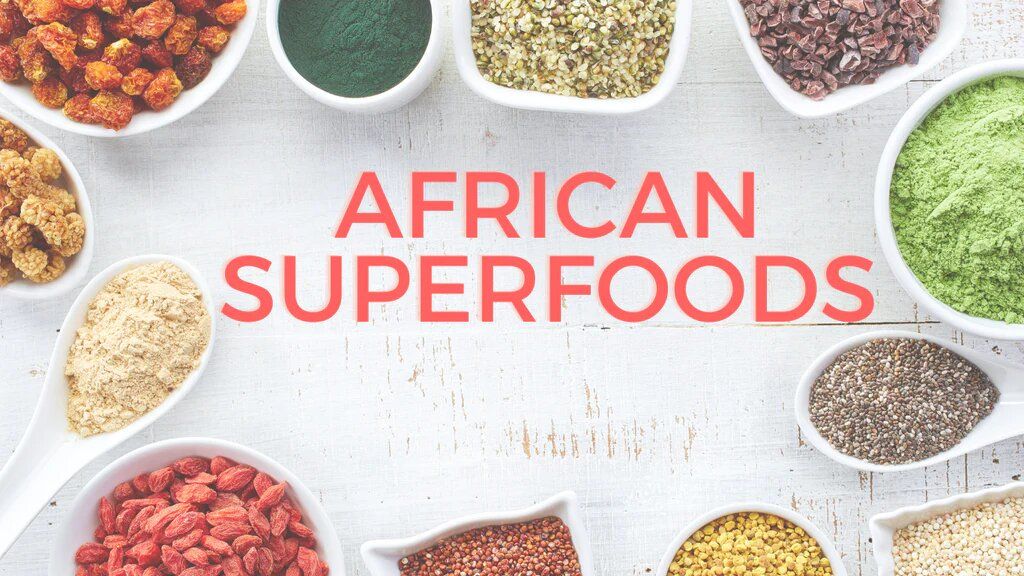Beyond the Block: Explore a World of Cream Cheese Alternatives
Cream cheese has long been a staple in kitchens worldwide cherished for its rich texture and versatility in both sweet and savory dishes. However as culinary boundaries expand and dietary preferences evolve an exciting array of cream cheese alternatives has emerged offering new flavors health benefits and creative opportunities for food enthusiasts. Whether you're exploring plant-based diets seeking lactose-free options or just craving something different this guide to cream cheese replacements will open your palate to a world of global flavors and cooking creativity.
Let’s begin with The List Of Top Cheese Alternative
Cottage Cheese
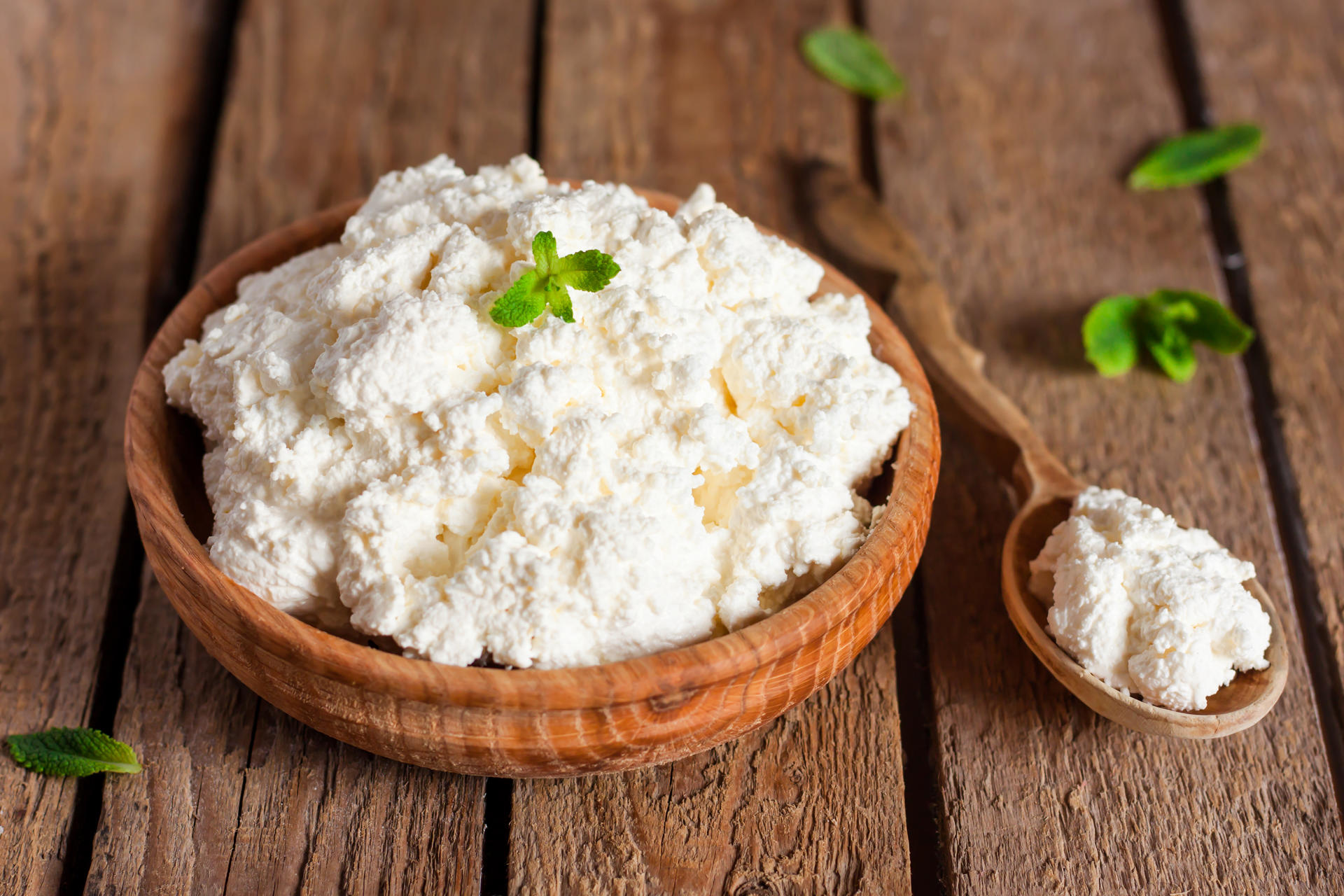
Cottage cheese stands out as a healthier lower-fat option compared to cream cheese featuring a distinctive chunky texture. By blending it with a touch of lemon juice its consistency can become creamier. It's an excellent alternative to cream cheese for creating dips and spreads on a one-to-one basis. When used in baking or cooking mix it with cream or half-and-half to achieve the desired thickness.
Greek Yogurt
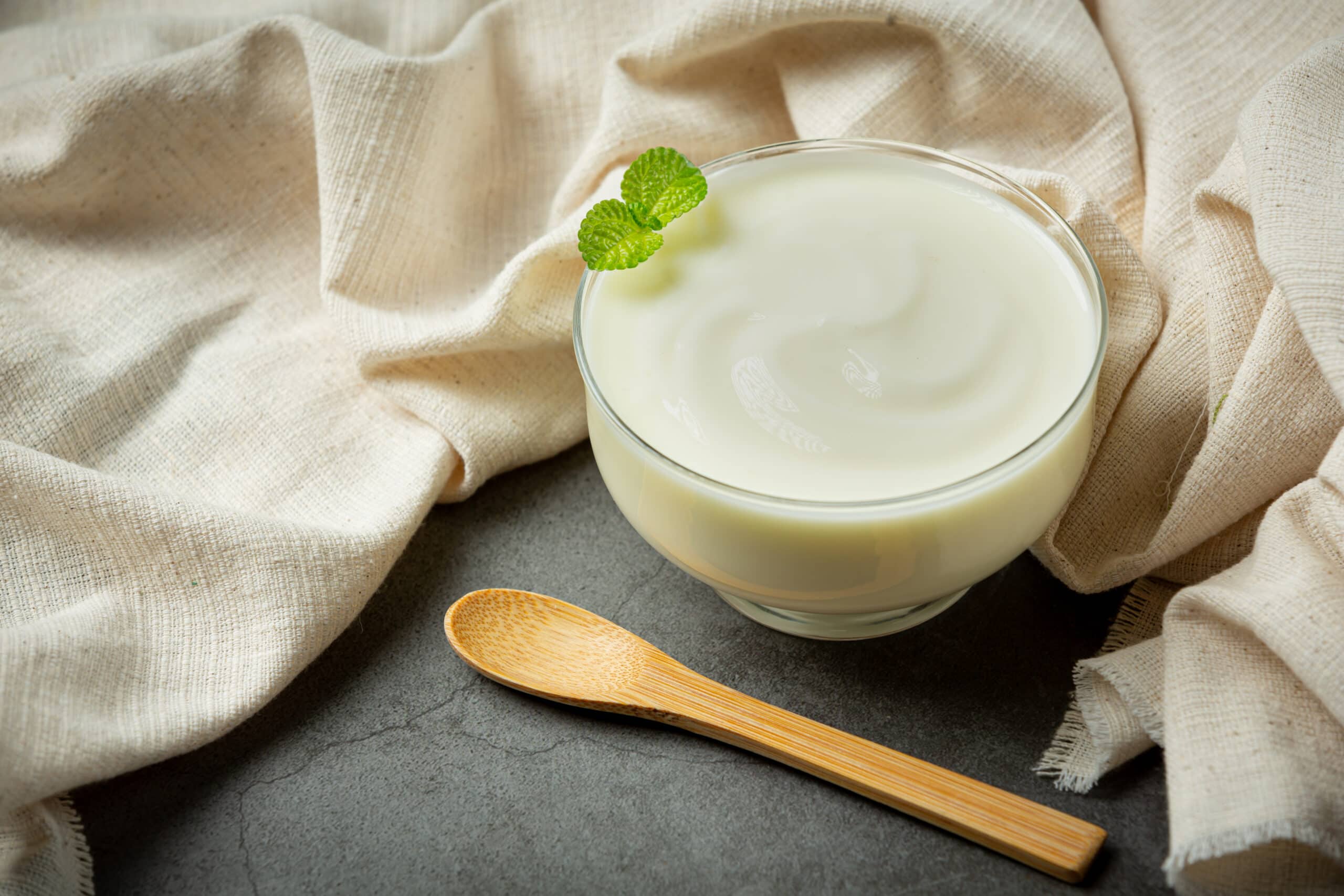
Greek yogurt serves as an excellent cream cheese substitute infusing dishes with a nutritional boost from its high protein calcium and vitamin B12 content. Substitute cream cheese with an equal amount of Greek yogurt for making dips spreads frostings and baked treats. For a consistency closer to cream cheese strain Greek yogurt overnight in a cheesecloth to thicken it.
Ricotta
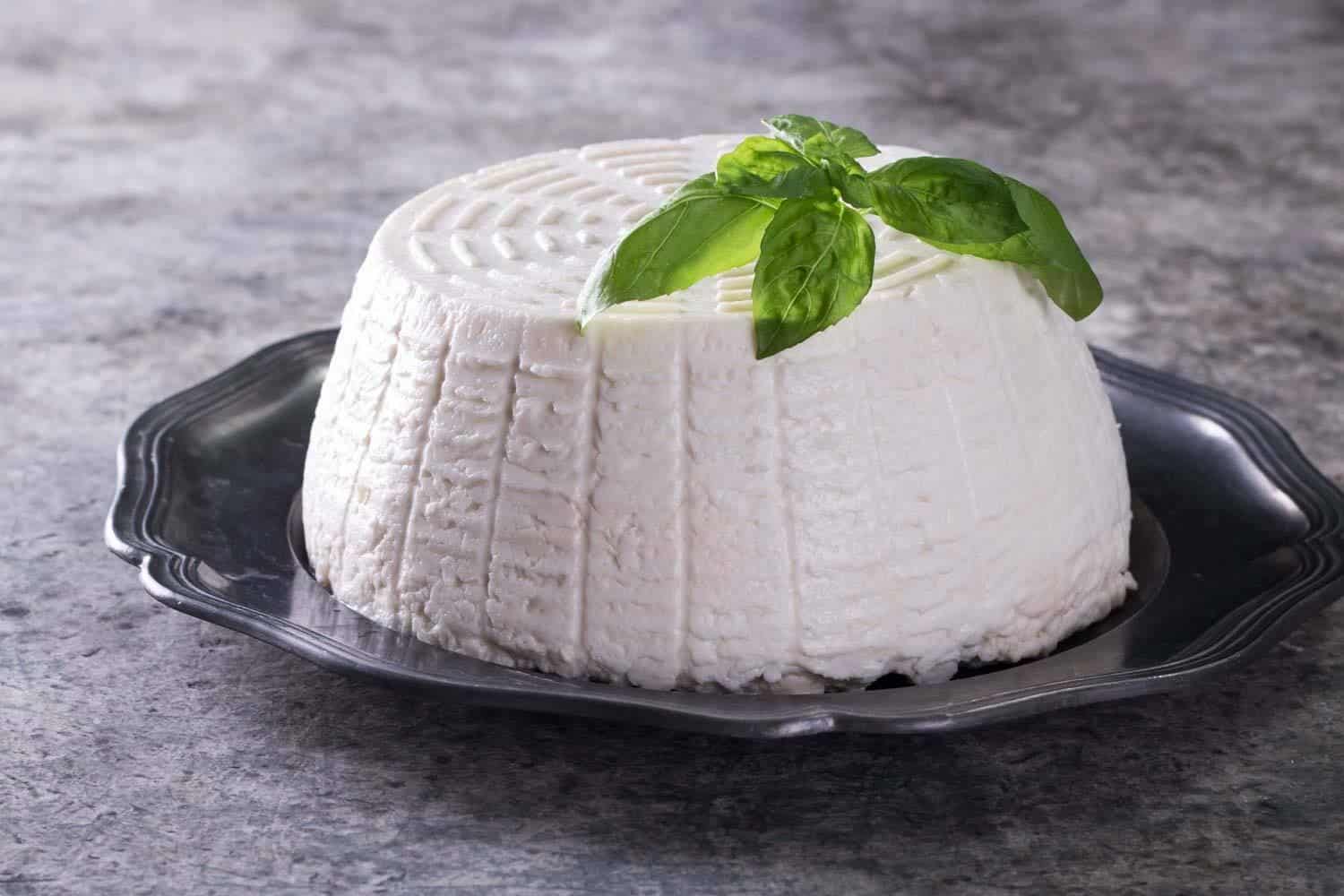
Ricotta cheese is celebrated for its soft texture and pleasantly sweet and tangy flavor. It's a nutritious option providing protein calcium vitamin B12 and riboflavin. Though not as dense as cream cheese ricotta is versatile fitting perfectly as a filling or in sauces and spreads. Combine it with heavy cream or yogurt in equal parts for use in baked goods and desserts.
Mascarpone
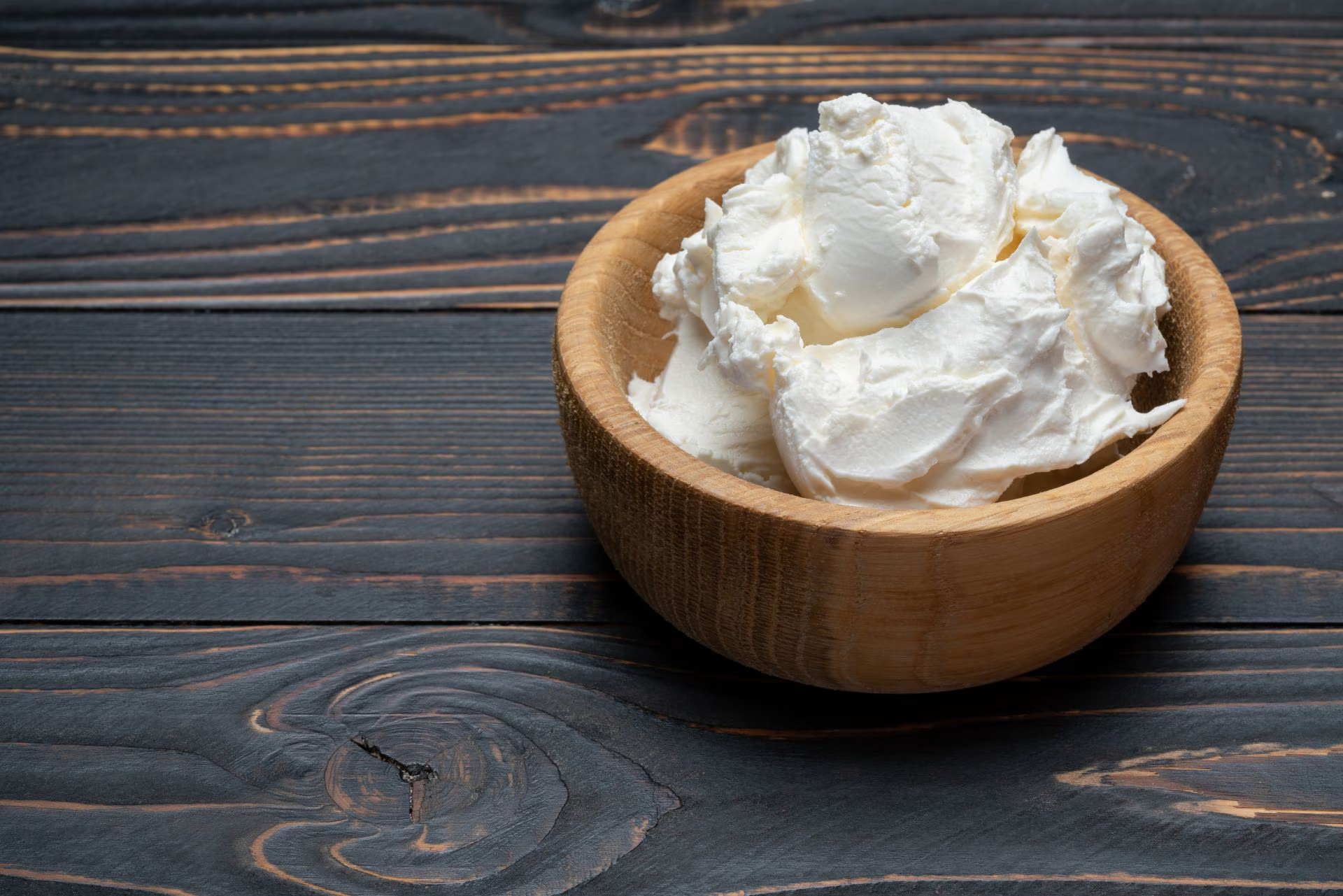
Mascarpone a cream-based cream cheese variant is richer in fat and calories but offers a luxurious velvety texture ideal for fillings spreads frostings and desserts. Enhance mascarpone with a pinch of salt and a splash of lemon juice for a tangy flavor akin to cream cheese. However consider it a treat for occasional indulgence if you're monitoring calorie intake.
Hummus

Although hummus may not replace cream cheese in sweet recipes it's a savory dairy-free and vegan alternative for spreads. Packed with protein fiber and essential micronutrients like manganese copper and folate hummus can diversify your breakfast options and comes in various flavors.
Kefir with Chia Seeds
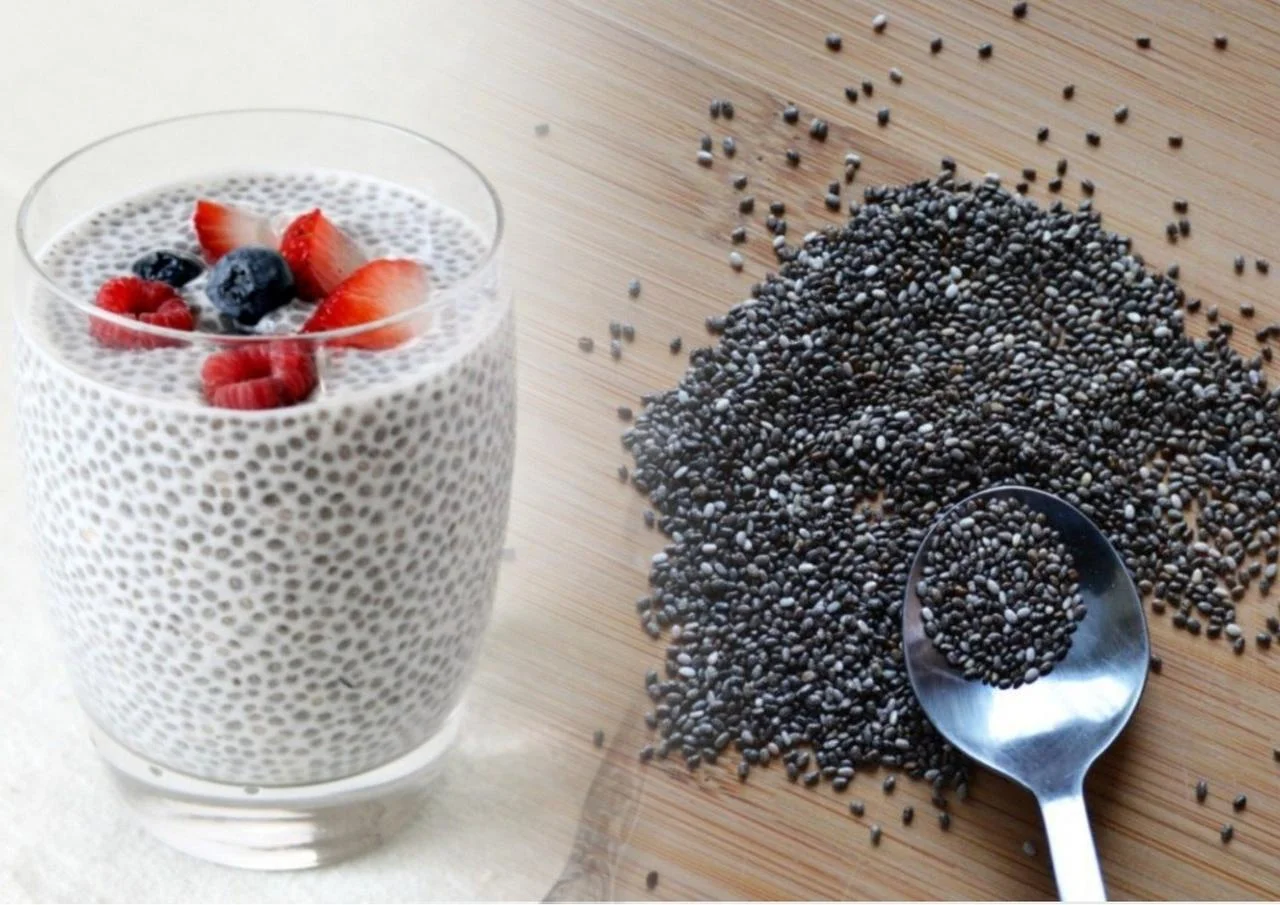
Kefir a tangy fermented drink produced by fermenting milk with kefir grains is notable for its protein calcium phosphorus and probiotic content promoting gut health. For a cream cheese alternative mix 1 cup of plain kefir with approximately 1/4 cup of chia seeds and allow it to thicken for 10–20 minutes. This mixture is best used as a probiotic-rich spread for bagels though it may not be suitable for cooking or most baking applications.
Neufchâtel Cheese
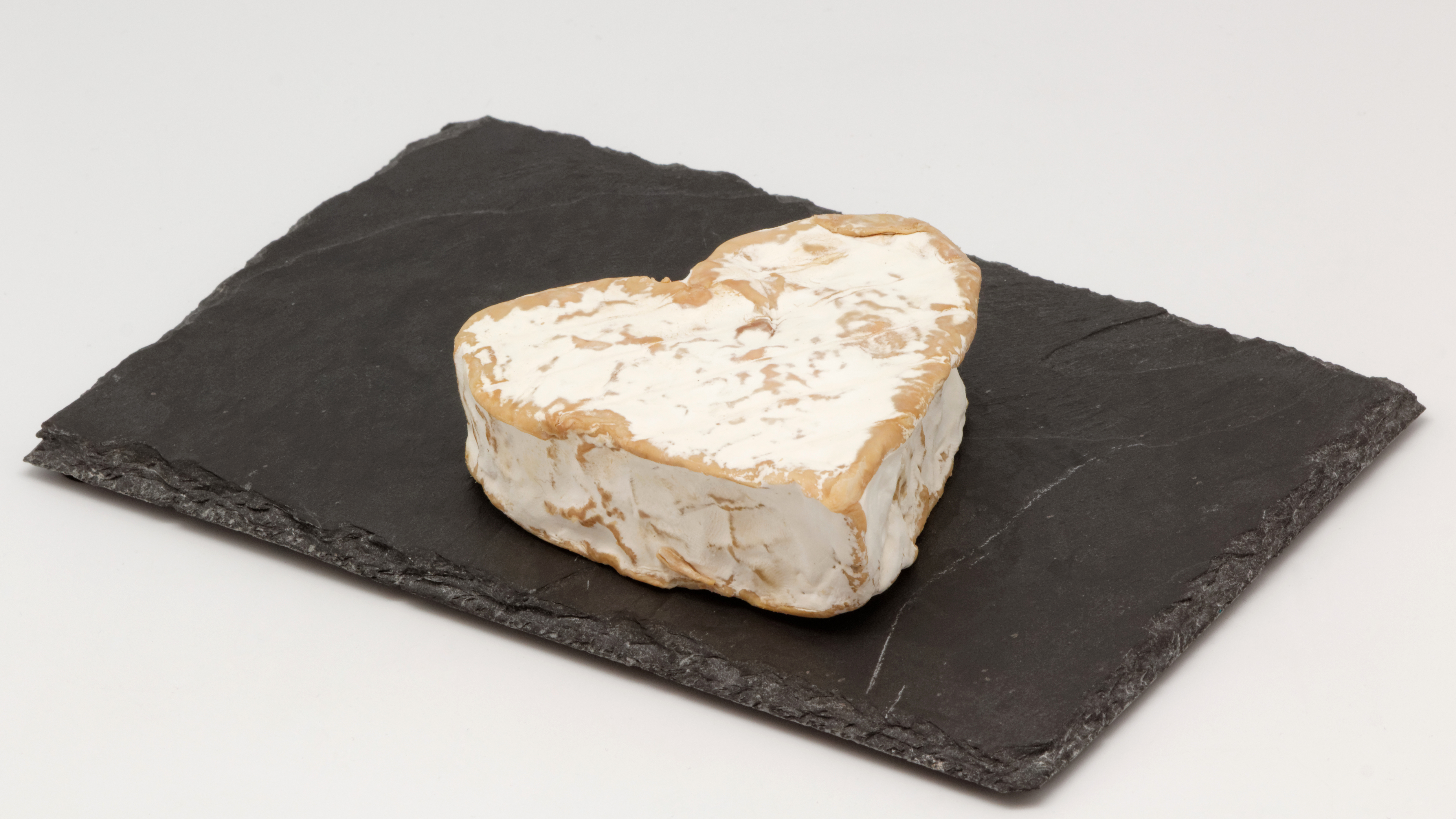
Originating from Neufchâtel France this soft spreadable cheese is a lower-fat lower-calorie alternative to cream cheese while still providing valuable nutrients like calcium phosphorus and protein. Neufchâtel can be used as a one-to-one substitute for cream cheese in various recipes such as cheesecakes frostings sauces and spreads. Keep in mind its grainier texture and less rich flavor may slightly alter the taste of your dish.
Silken Tofu
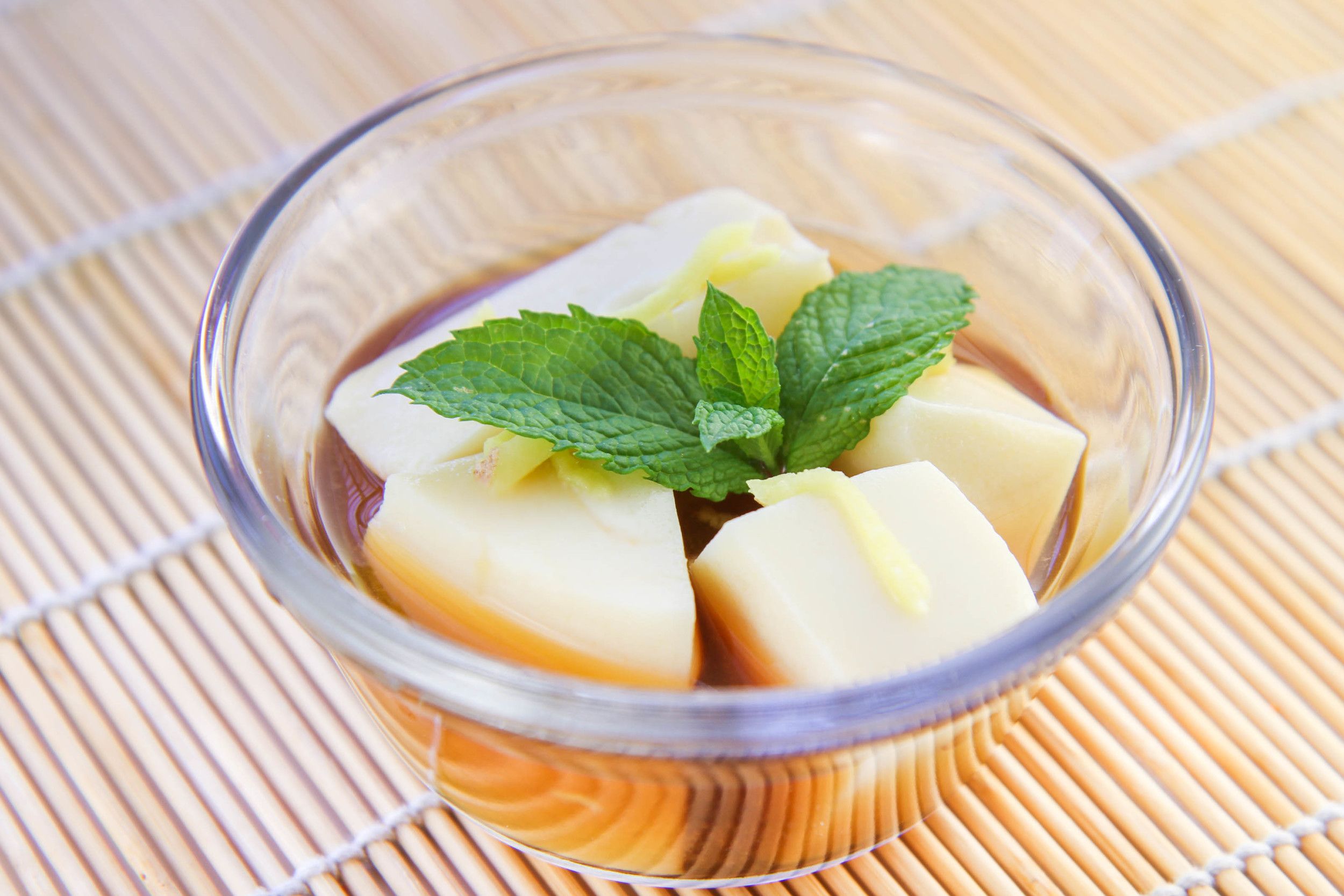
Silken tofu is a versatile vegan alternative to cream cheese that may require seasoning adjustments to match flavor profiles accurately. It's especially suitable for vegan cheesecakes and spreads due to its smooth creamy consistency. Rich in protein manganese selenium and calcium silken tofu can be a nutritious addition to your meals. For best results choose recipes that recommend tofu as a cream cheese substitute and consider adding lemon juice for a tangy kick.
Cashew Cheese
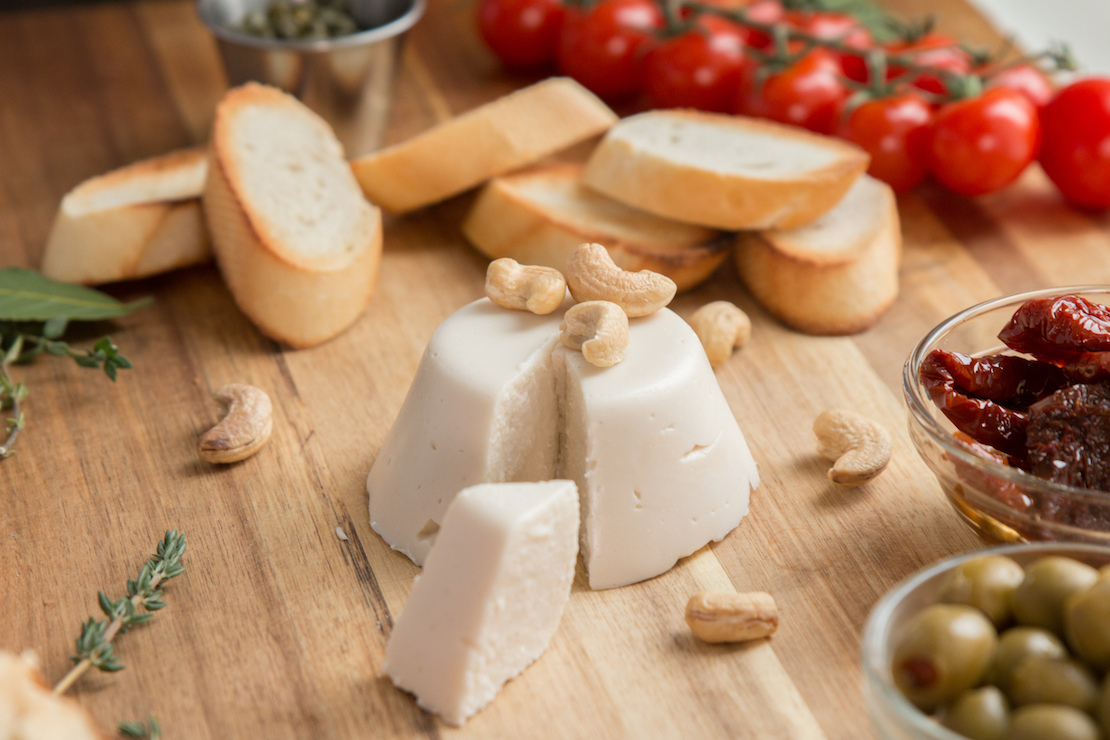
Cashew cheese made from cashews nutritional yeast and seasonings offers a dairy-free way to enrich dishes with fiber and protein. The inclusion of nutritional yeast also provides a source of vitamin B12. Although not ideal for sweet recipes or baked goods cashew cheese excels in savory applications like soups sauces and spreads at a one-to-one ratio. It's simple to prepare at home blending raw cashews with nutritional yeast garlic powder and lemon juice.
Sour Cream
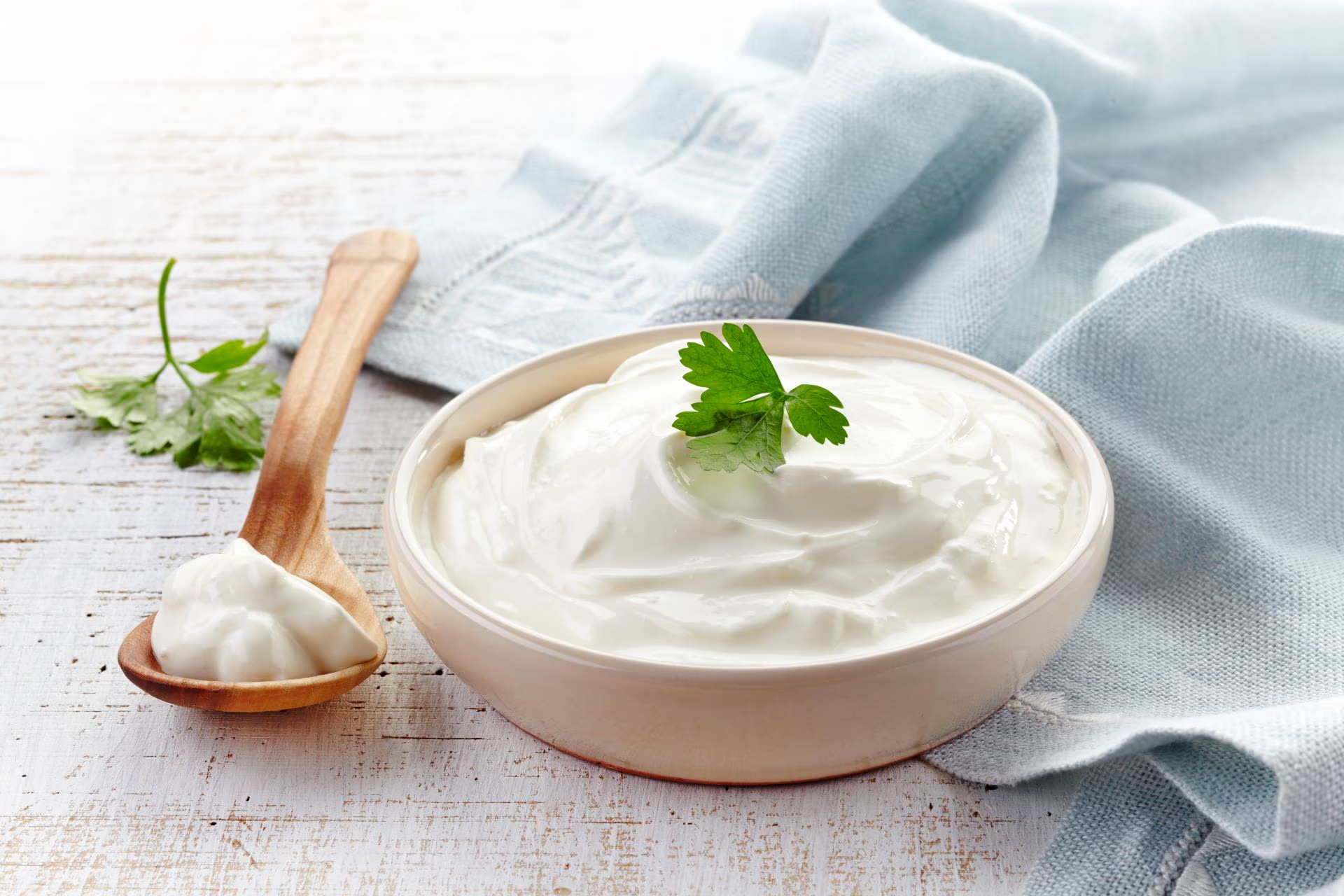
Produced by fermenting cream with lactic acid bacteria sour cream is a tangy alternative to cream cheese that can be used in a variety of recipes. Its lower fat content may offer a healthier twist to your favorites. However due to its higher acidity sour cream is better suited for soups sauces and dips rather than sweet dishes.
Quark
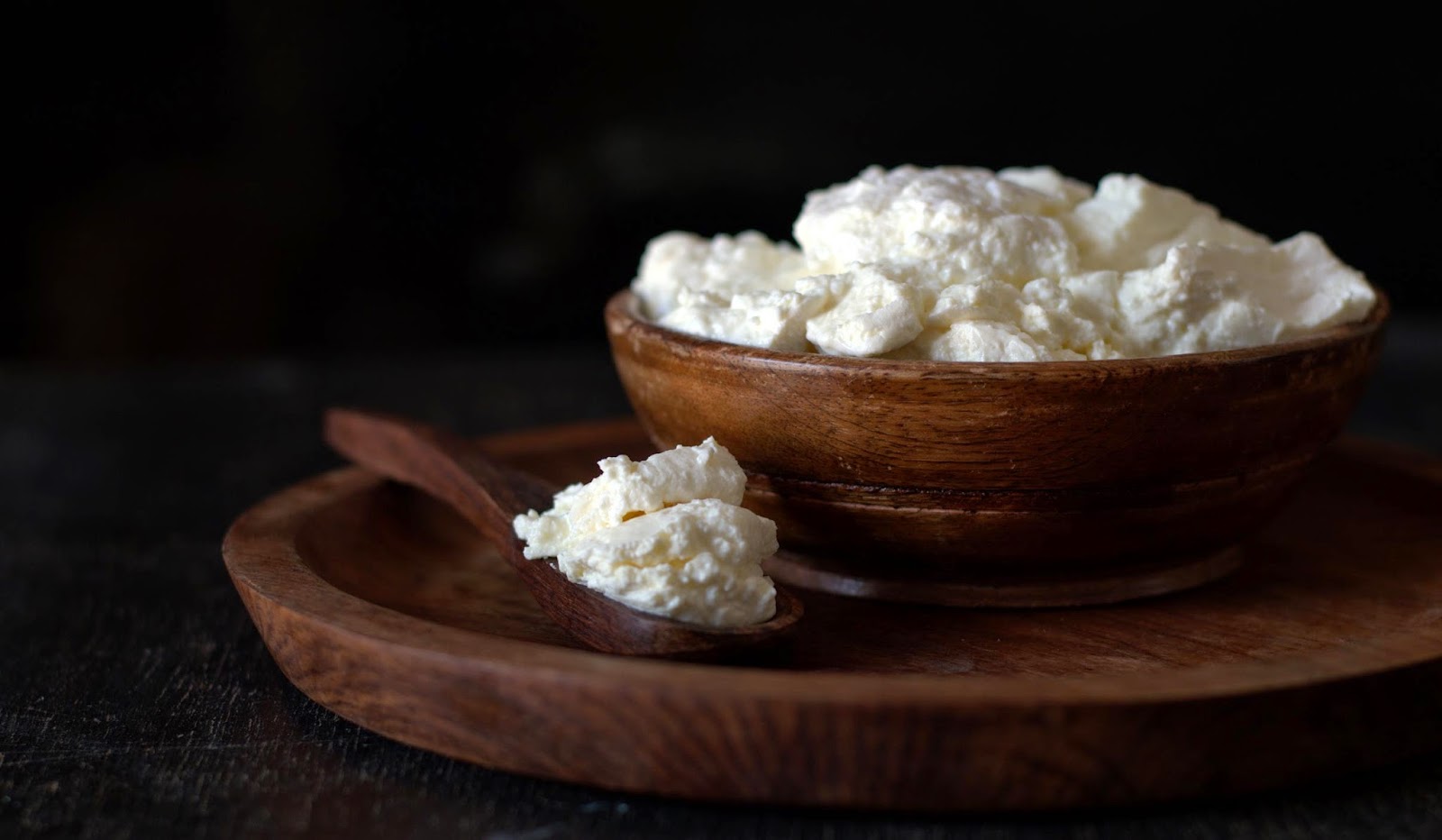
Quark is a creamy spreadable cheese popular in Europe known for its mild flavor and texture similar to cream cheese alongside its nutritional benefits including a high protein and calcium content. Use quark as a direct replacement for cream cheese in nearly any recipe from cheesecakes and frostings to cookies sauces and spreads. Its slightly sour taste may require adjustments to the recipe for the perfect flavor balance.
Why You Must Give A Cheese Alternative Try?
Exploring cream cheese alternatives is not just a culinary adventure but a beneficial journey for your health palate and the environment. Here's why you should consider trying cheese alternatives:
Dietary Restrictions and Allergies:
- Many people are lactose intolerant or have dairy allergies. Cheese alternatives often provide a safe and enjoyable way to enjoy similar flavors and textures without the discomfort.
- Plant-based options cater to vegans and those following dairy-free diets ensuring everyone can indulge in creamy cheesy delights.
Nutritional Benefits:
- Alternatives like Greek yogurt and tofu cream cheese pack a nutritional punch with added protein and fewer calories supporting weight management and muscle health.
- Many cheese substitutes are fortified with essential nutrients like vitamin B12 calcium and iron offering a nutritional profile that sometimes surpasses that of traditional dairy products.
Environmental Impact:
- Dairy farming is resource-intensive contributing significantly to greenhouse gas emissions. Plant-based alternatives often have a lower environmental footprint making them a more sustainable choice for eco-conscious consumers.
- Choosing alternatives can support more sustainable agricultural practices and reduce your personal impact on the planet.
Culinary Creativity:
- Experimenting with cheese alternatives can unlock new flavors and textures in your cooking and baking inspiring creativity in the kitchen.
- Global alternatives like labneh quark and hummus introduce diverse cultural tastes to your palate expanding your culinary horizons.
Ethical Considerations:
- For those concerned about animal welfare plant-based and ethical dairy alternatives offer a way to enjoy cheese-like products without compromising on their values.
- Supporting brands that prioritize ethical practices and animal welfare can contribute to a more humane food system.
Health Conditions:
- Individuals with specific health conditions such as high cholesterol or heart issues may find cheese alternatives better suited to their dietary needs helping manage symptoms and promote overall well-being.
- Reduced saturated fat and cholesterol content in some alternatives can contribute to better heart health.

Flavor Variety:
- Cheese alternatives often come in a wide range of flavors not typically found in traditional cheese such as herbs spices and even sweet options adding an exciting twist to familiar dishes.
- Exploring these alternatives can rejuvenate your taste buds and break the monotony of traditional cheese flavors.
Accessibility and Convenience:
- With the rising popularity of dietary alternatives cheese substitutes are becoming more readily available in supermarkets and specialty stores making them an accessible option for many.
- Some alternatives offer longer shelf lives or require less refrigeration making them convenient for on-the-go snacks and travel.
Giving cheese alternatives a try opens up a world of possibilities for your health environment and culinary adventures. Whether you're looking to explore new flavors cater to dietary restrictions or make more sustainable choices the wide range of cheese substitutes available today means there's something for everyone.
Conclusion
The world of cream cheese alternatives is vast and varied catering to an array of tastes dietary preferences and culinary needs. From the tangy zest of Greek yogurt to the nutty richness of cashew cream these substitutes not only offer diverse flavors and textures but also present opportunities to enhance your dishes with healthier more ethical or simply different ingredients. Embracing these alternatives can transform your cooking bringing global flavors to your table and encouraging a more creative inclusive approach to food. So why stick to the familiar when you can explore and enjoy the delicious diversity of cream cheese replacements? Give these alternatives a try and discover a new dimension of culinary delight.



